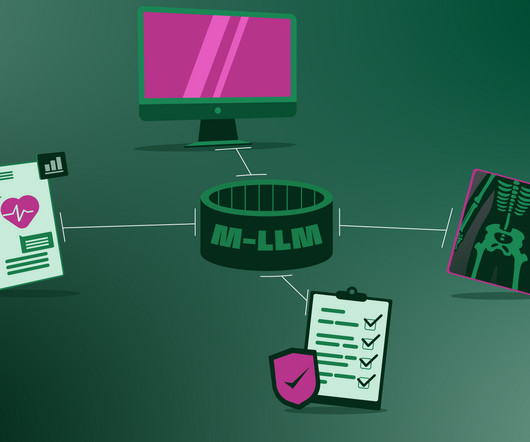The Healthcare Vision of ChatGPT-4o and Multimodal LLMs
The Medical Futurist
JUNE 21, 2025
Although this revolution has been brewing for years, the past few months marked a major change , as algorithms finally moved out of the specialized labs and into our daily lives. AI used in the hospital. The future of medicine is undoubtedly inextricably linked to the development of artificial intelligence (AI).












Let's personalize your content